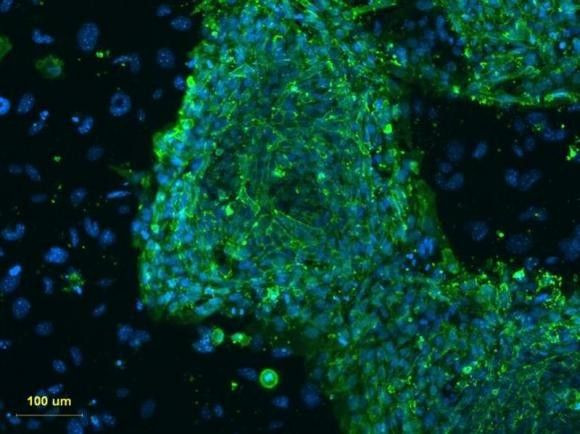Low-Cost IVF In Australia Shows Promise For Only $800

Australian doctors can help couples have children through IVF for as low as $800. According to a report by the Daily Telegraph, it is possible to have a baby using low-cost and low-stimulation techniques that research found nearly as effective as traditional IVF.
A new research has shown that a new demographic of patients can now have access to IVF, said fertility specialist David Molloy. Using gentle stimulation techniques, the low-cost procedure eliminates the need for anaesthetists and prevents expectant mothers out of the hospital. This helps couples save at least 70 percent of the total cost of traditional IVF. Molloy said the new procedure would be more accessible and bring fewer side effects.
Molloy revealed the findings of the research at a conference in Sydney. He said his fertility clinics have a 40 percent success rate, a figure close to the success rate of the traditional IVF. Reports said the number of couples looking for IVF treatment has reached an all-time high. Both patients and fertility doctors are on the lookout for less expensive treatments.
However, to qualify for the new treatment, the patient should not be overweight. Molloy's clinics in Brisbane and Sydney only accept women with a body mass index of 35 below for treatment. The doctor said his clinics have already treated 2,000 women that resulted in 600 pregnancies. Compared with traditional IVF, only two or three eggs are collected in the low-cost procedure. Traditional IVF can cost as much $8500 per cycle with doctors taking as much as 10 eggs from the women.
Molloy explained that the fewer eggs are collected, the less painful it is for women. Patients do not have to take pain relievers other than a paracetamol.
Meanwhile, IVF Australia has launched a website to help match embryo donors and recipients. The organisation has noticed a 50 percent increase in the number of inquiries about donating embryos in the last 12 months. The website aims to make the entire process easier for couples who wish to have children.
The Herald Sun reported that IVF Australia medical director Peter Illingworth said the embryo donation is slowly gaining acceptance, and the idea of adding siblings to a donor's existing children is no longer a taboo.
He said the matching service will give coupes the chance to help others build a family of their own. Illingworth said the service is not forced on anyone since it will only be open to registered donors and recipients who are willing to share their profiles. Interested couples who want to be matched will have to register with IVF Australia and undergo counseling.




















